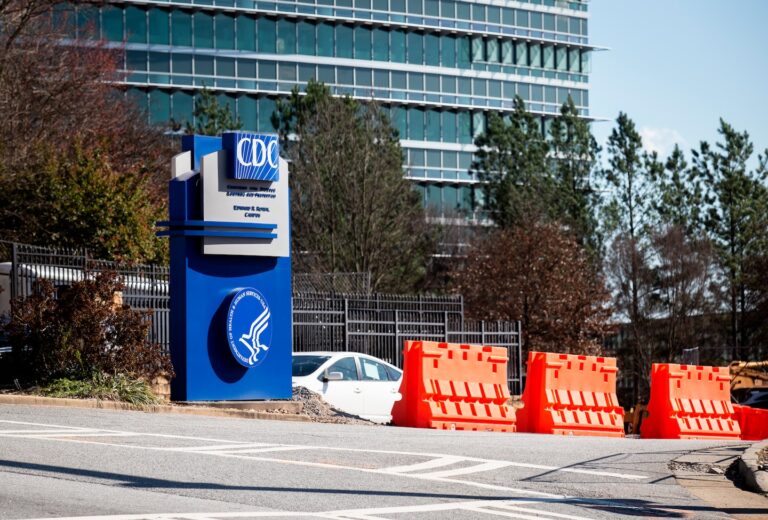Nordlund said the CDC reported the cases to state health officials with jurisdiction over the location where the conference took place. Attendees said many people at the gathering did not wear masks, socially distance or take other precautions recommended by the CDC early in the pandemic.
Fewer than 100,000 confirmed cases of coronavirus were reported across the United States last week — the lowest levels in nearly two years. But public health experts warn that most cases go unmonitored, with many Americans testing at home, if at all, and choosing not to report the results. The virus also remains on pace to become one of the top 10 causes of death this year, mainly for older and immunocompromised individuals.
Experts said the outbreak of coronavirus cases at a CDC conference – for the first time the meeting of disease detectives was held in person for four years — describing the persistence of an emerging virus. The four-day conference for epidemic intelligence service officers and alumni, held near CDC headquarters in Atlanta last week, drew about 2,000 attendees who were likely fully vaccinated.
“This, unfortunately, is the new normal,” wrote Jay Varma, an infectious disease expert at Weill Cornell Medicine, in a text message. “While it was troubling to see the widespread transmission of COVID-19 at the CDC’s major public health conference, it was perhaps the clearest example” of the global situation.
Varma added that individuals and organizations should continue to take coronavirus precautions to protect themselves and the most vulnerable if necessary. “I hope that organizers of large conferences, especially for health professionals, should, at a minimum, make high-quality masks as abundant and available as toilet paper and ensure that there is enough ventilation and/or air disinfection,” he wrote.
Nordlund said about 35 people linked to the conference reported testing positive as of Tuesday.
“Conducting a rapid investigation now will help understand the transmission that has occurred and help refine future public health guidance as we move out of the public health emergency and into the next phase of surveillance and response to COVID-19,” he wrote. “Whenever there are large gatherings, especially indoors, such as at a conference, there is a potential for the spread of COVID-19, even during periods of low community transmission.”
Conference attendees also received an email from the CDC encouraging them to participate in the survey with the Georgia health department, according to an email shared with The Post.
“If you attended the conference in person, you may have been exposed to someone with COVID-19,” the email read. “If you are experiencing symptoms, we recommend you follow CDC guidance for isolation and testing.”
The Biden administration is winding down its response to the pandemic, with most federal vaccine mandates and the coronavirus public health emergency set to be lifted next week. Public health experts say that while pandemic risks are receding further, they remain wary of future variants and remember that the virus is constantly evolving.
For example, a new omicron subvariant, XBB.1.16, nicknamed Arcturus, is becoming more prevalent throughout the United States. The CDC’s latest tracker shows the variant being developed nearly 12 percent of cases nationwide for the week ending April 29, up from about 7 percent in the week ending April 15. Most infections in the United States now come from XBB.1.5, also an omicron subvariant.
